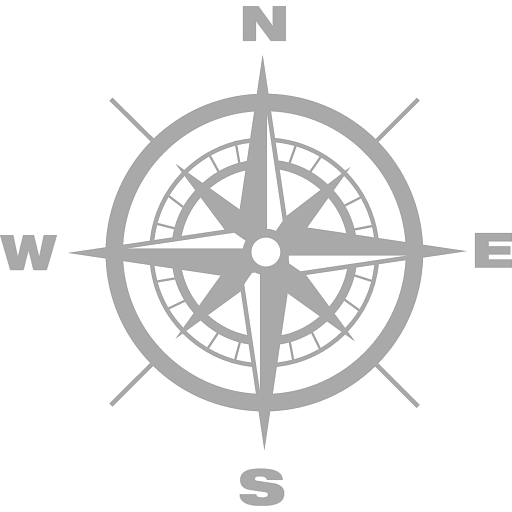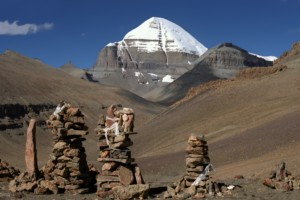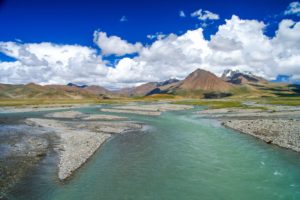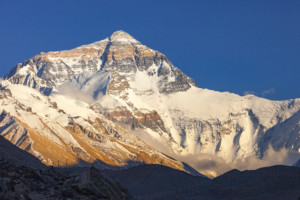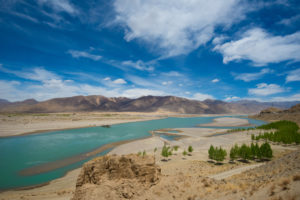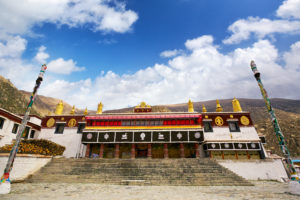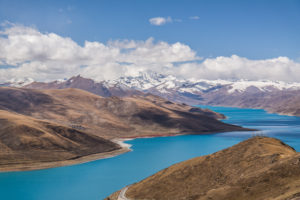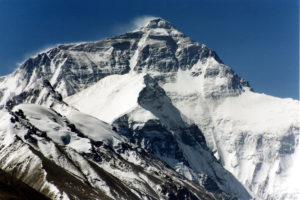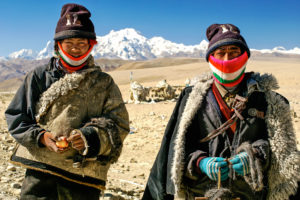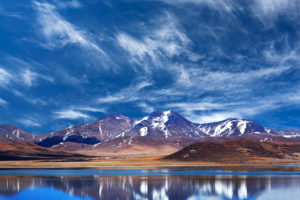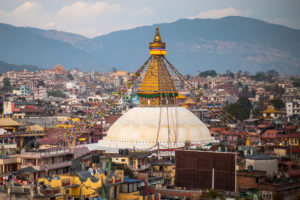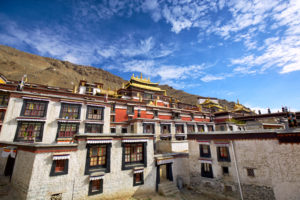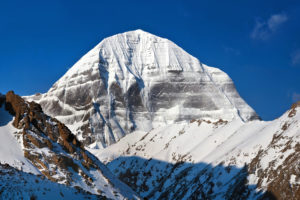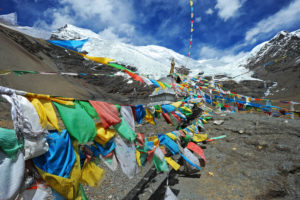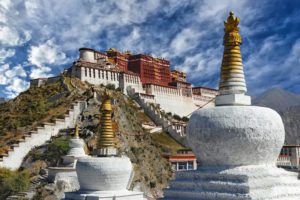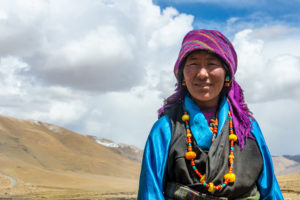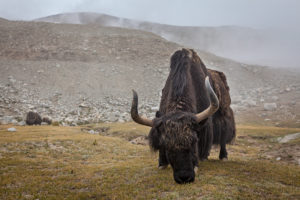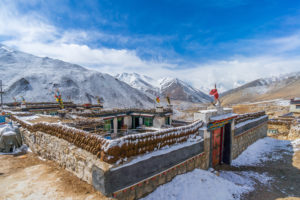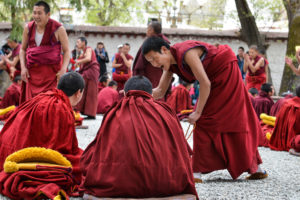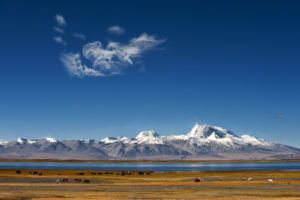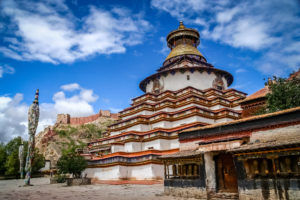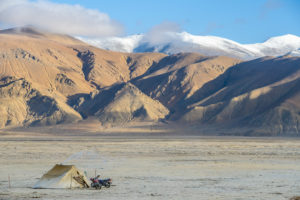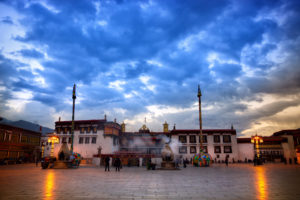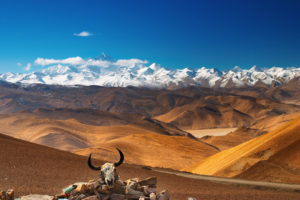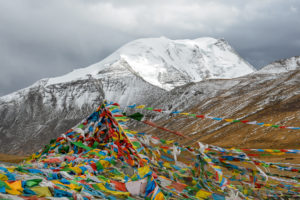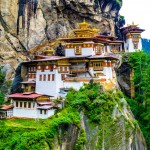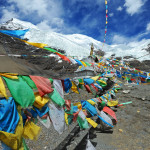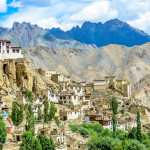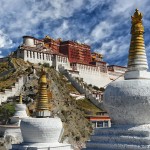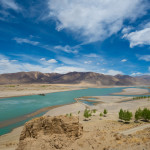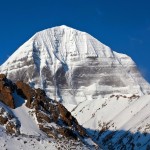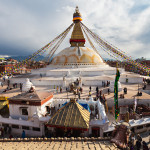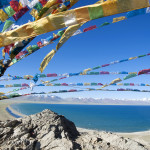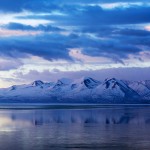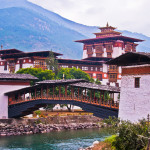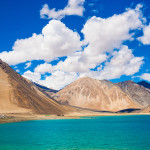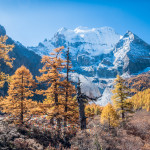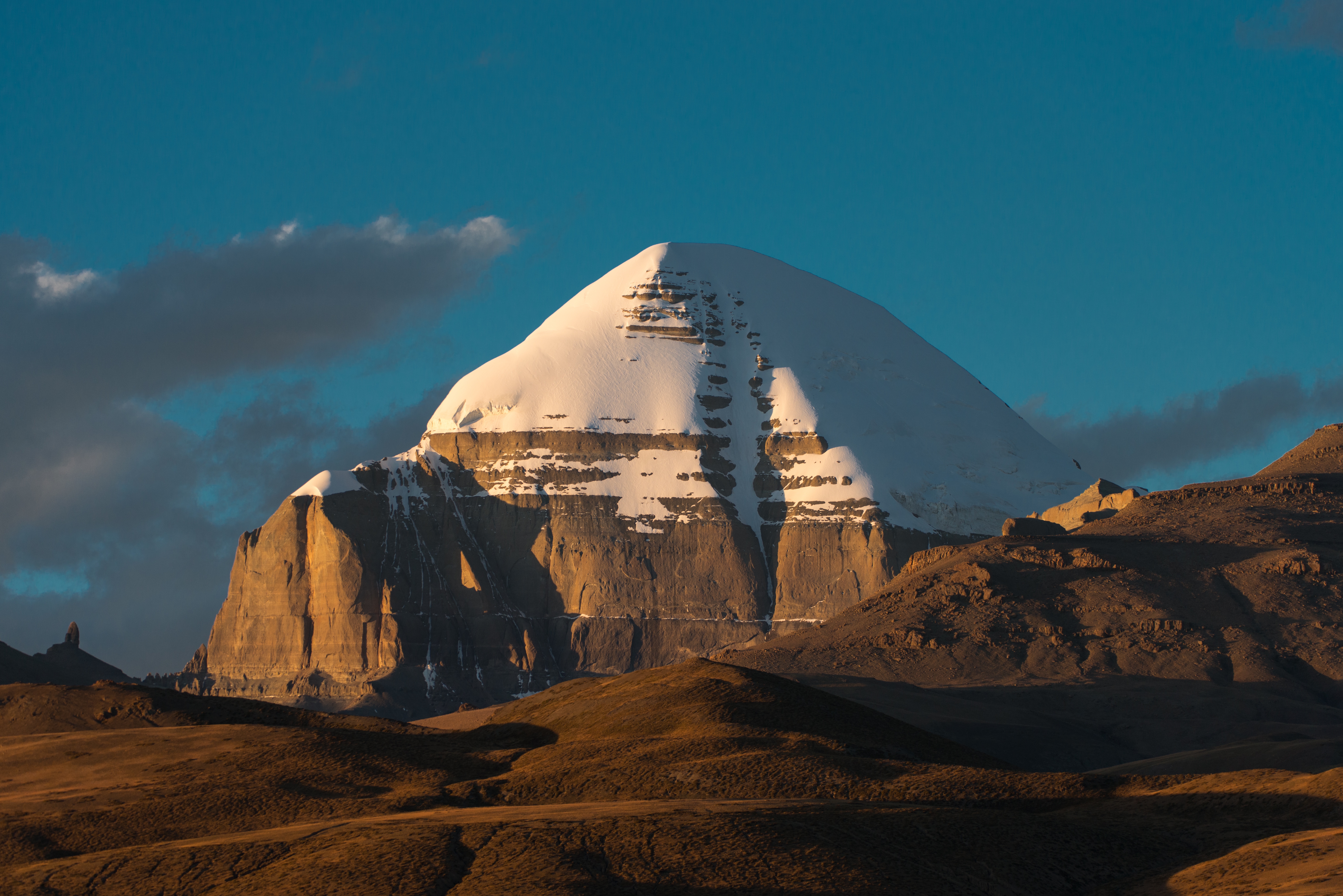
Lhasa to Everest, Kailash and Kathmandu
For the journey from Lhasa to Everest Base Camp, Mt. Kailash and Kathmandu, you will begin by exploring the Tibetan capital of Lhasa and its many ancient monasteries and temples, including the famed Potala Palace. From Lhasa, you will then travel to the beautiful alpine lake of Yamdrok Tso before visiting Karo La Glacier, Tibet’s most famous glacier. Shigatse is Tibet’s second largest city and home to Tashi Lhunpo Monastery, one of the largest in Tibet. From there, you will go to the North Face Everest Base Camp Region where you will get an up close look at the world’s highest peak.
After Mt. Everest, you will go to the holy lake of Manasarovar and Mt. Kailash, Asia’s most revered peak. You will spend 3 days trekking around this mountain, which is holy to both Hindus and Buddhists. This trek attracts Buddhist pilgrims from across Tibet and offers spectacular views of the Himalayas. From Mt. Kailash, you will then go overland by vehicle to Kathmandu via the newly opened port of Kyirong. For more details or to book this journey, send an email to us at: info@himalayajourney.com
Note: Itinerary can be customized and modified to suit you.
Day 1: Lhasa Elevation: 3600 meters
Arrive in Lhasa. When you arrive to Lhasa, you will be met by your guide and transported to your hotel. You can spend the afternoon wandering around the Barkhor, Tibet’s ancient market area that surrounds Jokhang Temple. Each day thousands of Buddhist pilgrims make their way around this sacred temple.
Day 2: Lhasa
You will explore the Jokhang, the holiest Buddhist temple in the Himalaya’s. Founded nearly 1400 years ago, Jokhang Temple houses the most sacred statue of Buddha. You will work your way through this fascinating temple alongside Buddhist pilgrims from the faraway regions of Tibet. The sound of pilgrims chanting mantras fills the air as does the smell of yak butter candle offerings. In the afternoon, you will go to 600 year old Sera Monastery, one of Tibet’s largest Buddhist monasteries. Each weekday afternoon starting at 3pm, monks engage in Buddhist philosophy debates, which are fun to photograph.
Day 3: Lhasa
You will start the day by exploring the Potala Palace, Tibet’s most iconic building. Towering above Lhasa with more than 1000 rooms, the Potala Palace served as the winter residence of the Dalai Lama’s for hundreds of years. After lunch, you will go to Drepung, another of Tibet’s huge monastic complexes. The pilgrimage circuit around Drepung takes about an hour and offers spectacular views.
Day 4: Lhasa—Yamdrok Lake—Karo La Glacier—Gyantse Distance: 260kms Elevation: 3840m
In the early morning you will depart Lhasa and drive to Yamdrok, one of Tibet’s most beautiful lakes. From the lake, you can see the 7191 meter peak of Nojin Kangtsang in the distance. You will then travel along the lakeshore and drive up to the amazing Karo La Glacier before arriving in the town of Gyantse.
Day 5: Gyantse—Farming Villages—Shigatse Distance 95kms Elevation: 3840m
In Gyantse, you will visit the Pelkhor Chode Monastery where you can see the largest stupa (Buddhist pagoda) in Tibet. From Gyantse, you will then make the short drive to Shigatse, Tibet’s second largest city. Between Gyantse and Shigatse, you will stop at a couple of traditional farming villages. In Shigatse, you will explore the large monastery complex of Tashi Lhunpo.
Day 6: Shigatse—Gyatso La Pass—Shelkar Distance 235kms Elevation: 4320m
This day you will continue traveling west to the small town of Shelkar. Along the way you will cross over the Gyatso La Pass, which rises to over 5200 meters in elevation. The pass offers a nice view of the surrounding Himalaya Mountains.
Day 7: Shelkar—Rongphu Monastery—Everest Base Camp Distance: 115kms Elevation 5150m
On the morning, you will cross over the Geu La Pass from Shelkar, which gives a sweeping view of the Himalaya Range, where you can see 4 of the world’s 14 highest peaks, including Everest. You will continue through small villages until you reach Rongphu, the world’s highest monastery at 5000 meters in elevation. Rongphu offers a fantastic view of Everest. A few kilometers beyond Rongphu Monastery is the Everest Base Camp Region, where you can spend the night in front of the world’s highest peak.
Day 8: Everest—Peiku Lake—Saga Distance: 300kms Elevation: 4500m
From the Mt. Everest Region, the next destination is the stunning alpine lake of Peiku Tso. While driving to the lake, there are terrific views of 7000+ meter Himalayan peaks and the possibility of seeing wildlife. After visiting the lake, you will drive to the town of Saga.
Day 9: Saga—Lake Manasarovar Distance: 485kms Elevation: 4590m
The ninth day of this journey will take you across the wilderness of western Tibet to the shores of the holy lake of Manasarovar. The lake offers spectacular views of the surrounding Himalayas. You will stay at a simple guesthouse not far from the shores of the holy lake.
Day 10: Lake Manasarovar—Darchen Distance: 35kms Elevation: 4690m
In the late morning, you will make the short drive to Darchen, the traditional starting point for the trek around Mt. Kailash. In Darchen, you will make final preparations for the 3 day trek around the peak.
Day 11: Kailash Trek Day 1 Distance: 20kms Elevation: 5080m
The first day of our trek will take us 20 kilometers from Darchen around Mt. Kailash to Dira Puk Monastery. You will follow this ancient pilgrimage route with Tibetan Buddhist and Indian Hindu pilgrims. You will stay in a small guesthouse near the monastery. The elevation of Dira Puk Monastery is 5080 meters.
Day 12: Kailash Trek Day 2 Distance: 18kms Elevation: 4820m
The second day of our trek around Kailash will take us up and over the Dolma La Pass, the highest pass on the circuit at 5630 meters. Excellent mountain and glacier views will follow you for most of the day. From the Dolma La Pass, you will descend to Zultul Puk Monastery, elevation 4820 meters. The total trekking distance this day is 18 kilometers
Day 13: Kailash Trek Day 3 Distance: 14kms Elevation: 4590m
The third and final day of our trek will cover 14 kilometers from Zultul Puk Monastery back to the town of Darchen where you will stay at for the night.
Day 14: Darchen—Saga Distance: 485kms Elevation: 4500m
After breakfast, you will begin the journey back Kathmandu, Nepal. From Darchen, you will head east to the town of Saga driving through the rugged beauty of Western Tibet.
Day 15: Saga—Kyirong Distance: 175kms Elevation: 2800m
Your final full day in Tibet will take you from Saga to near the Tibet—Nepal international border crossing near the town of Kyirong. You will stay the night at a guesthouse in the border area.
Day 16: Kyirong—Nepal border—Kathmandu Distance: 150kms Elevation: 1350m
This day you will cross the international border crossing from Tibet into Nepal and continue on to Kathmandu. Your journey will conclude upon arriving to Kathmandu.
Lhasa to Everest Base Camp, Kailash and Kathmandu
The package journey from Lhasa to Everest Base Camp, Mt. Kailash and Kathmandu can be done anytime from mid-April through late October, however, the months that offer the best views are from mid April through mid June and again from mid-September through October.
We can arrange this journey for clients in groups of 2 to 12 people. Price is discounted for groups of 3 people or more. Contact us for the price for this journey at info@himalayajourney.com
Included in the price:
- All accommodations (based on double occupancy)
- Breakfast each morning in Tibet
- Bottled drinking water (except during Kailash trek)
- All ground transportation in Tibet
- All entrance fees for the itinerary listed
- All Tibet travel permits
- Local Tibetan guide fees
- All meals and accommodations for the driver and guide
- Lhasa Airport or train station pick up and transfer
Not included in the price:
- Passport or Chinese and Nepal Visa fees
- International airfare to Lhasa, Tibet or from Kathmandu, Nepal
- Yak, horse or porter fees at Mt. Kailash
- Lunch and dinner
- Bottled water along the Kailash trek
- Travel vaccinations
- Insurance (travel, medical, etc)
- Souvenirs or personal items such as laundry, snacks, alcohol drinks, etc
- Photography fees inside temples and monasteries
- Gratuities to the Tibetan guide and driver
Travel Gear: Upon joining, each participant will be sent a list of required and recommended gear for this journey that they will be responsible for.
Accommodations: In Lhasa, Gyantse, Shigatse and Saga, you will be staying in comfortable and pleasant locally-rated 3 or 4 Star Tibetan-owned hotels. At Everest Base Camp Region, accommodation will be either simple tent hotels or a simple guesthouse. At Lake Manasarovar, along the trek around Mt. Kailash and at the border at Kyirong, accommodations will be very simple as these areas are very remote and poor. Guesthouses have no heat, but plenty of blankets. Toilets are usually outside and are not always clean. Showers at guesthouses are often unavailable or are available at a local shower house that is not attached to the hotel. Hotel upgrades available in Lhasa upon request.
Meals: Breakfast is included in the price for each morning you are in Tibet. Lunch and dinner are not included in the price.
Eligibility: Participants must be in good health and be able to spend each day walking around towns, villages and monasteries. Most of this tour will take place in mountainous terrain between 3600 meters and 5200 meters (11,800 feet to 17,000 feet) above sea level. The 3 day trek around Mt. Kailash is 52 kilometers long and will take 3 days to complete. This trek is beautiful, but is quite demanding as the high pass rises to 5630 meters (18,465 feet). You will spend 3 nights in Lhasa for altitude acclimatization before going above 3600 meters. Ascent will be slow and gradual along the way from Lhasa to Everest Base Camp and on to Mt. Kailash.
Responsible Tourism: Himalaya Journey is foreign-owned, but Tibetan staffed. All of our guides and drivers are local Tibetans who have been working in tourism for many years. It is a top priority for us to support as many Tibetan-owned businesses as possible. During this tour, all of the hotels you will be staying at in Tibet are locally-owned. The preservation of the culture of Tibet, as well as the protection of the environment of Tibet, are extremely important to us. In fact, when we are not out leading and arranging journeys across Tibet, we are working with local Tibetans in numerous eco-tourism and conservation projects.

